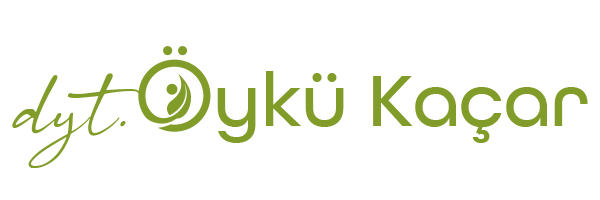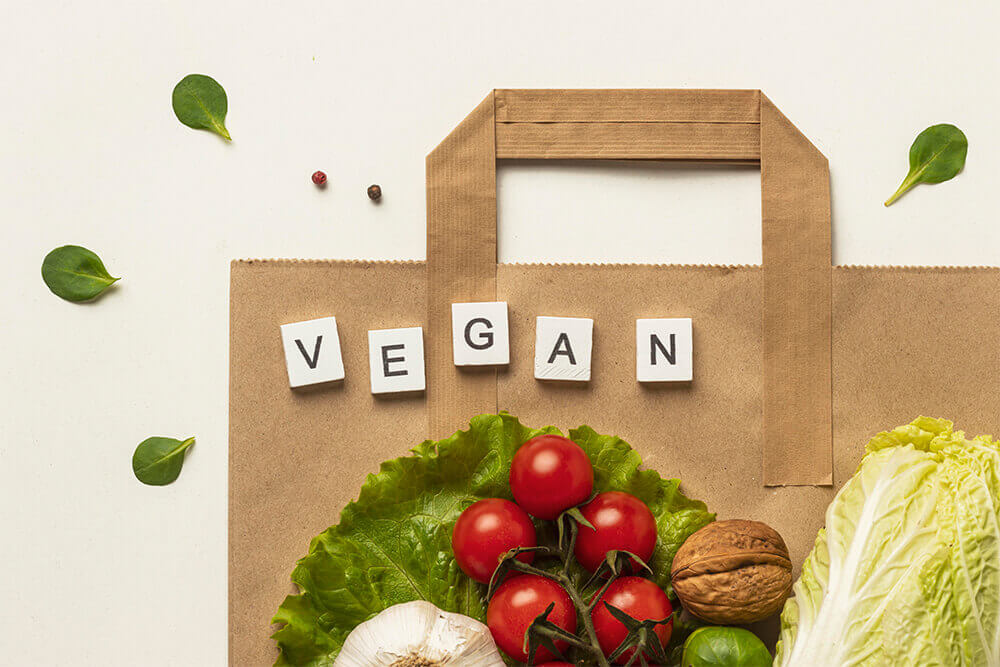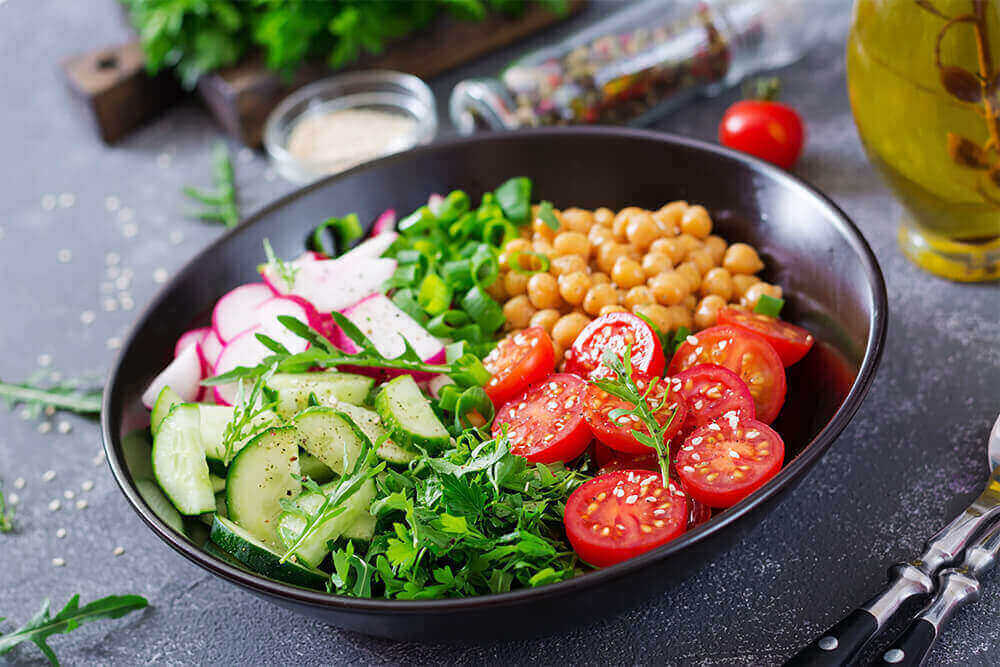



Vegan and vegetarian nutrition counseling aims to create a healthy, balanced, and sustainable diet for individuals who limit animal products. With the guidance of a dietitian, vitamin and mineral deficiencies are prevented, and personalized plans are designed to support both physical and mental health.
Vegan nutrition is a plant-based diet that excludes all animal-derived products. Foods such as meat, milk, eggs, and honey are not consumed; instead, vegetables, fruits, legumes, grains, and plant-based protein sources form the core of the diet. If not properly planned, vegan nutrition may lead to deficiencies in nutrients such as B12, iron, and omega-3. Therefore, it is essential to create a balanced plan with professional guidance.
Vegetarian nutrition excludes meat and meat products but may include animal-derived foods like eggs and dairy. It has subcategories:
A well-balanced vegetarian diet prevents deficiencies in essential nutrients like protein and iron.
Vegan and vegetarian nutrition counseling is a professional service that provides a personalized nutrition plan tailored to the individual’s health status, lifestyle, and goals. Dietitians use scientific approaches to prevent deficiencies, maintain energy and nutrient balance, and help individuals adopt sustainable eating habits. This guidance supports long-term health objectives and ensures a well-rounded diet.
Vegan and vegetarian diets, when not properly managed, may lead to health issues. Working with a dietitian is crucial to prevent short- and long-term health problems and establish a sustainable lifestyle. Dietitians create balanced plans tailored to individual biological and lifestyle needs, preventing deficiencies and simplifying the process. Without expert guidance, self-directed attempts may pose health risks. Professional support ensures a safe and effective transition.
1. How can I prevent B12 deficiency on a vegan diet?
You can consume fortified foods or supplements. Your dietitian can recommend the best options.
2. Is vegetarian nutrition effective for weight loss?
Yes, when properly planned, it can be effective for weight management.
3. Are vegan protein sources sufficient?
Yes, plant-based proteins like lentils, quinoa, tofu, and legumes can meet protein needs with proper combinations.
4. Is vegan and vegetarian nutrition safe for children?
Yes, it can be healthy for children when carefully planned under expert supervision.
5. Does vegan nutrition cause low energy?
No, with proper energy sources, your energy levels will remain stable.
For a healthy and balanced vegan or vegetarian diet, work with an expert dietitian to make the right choices!
